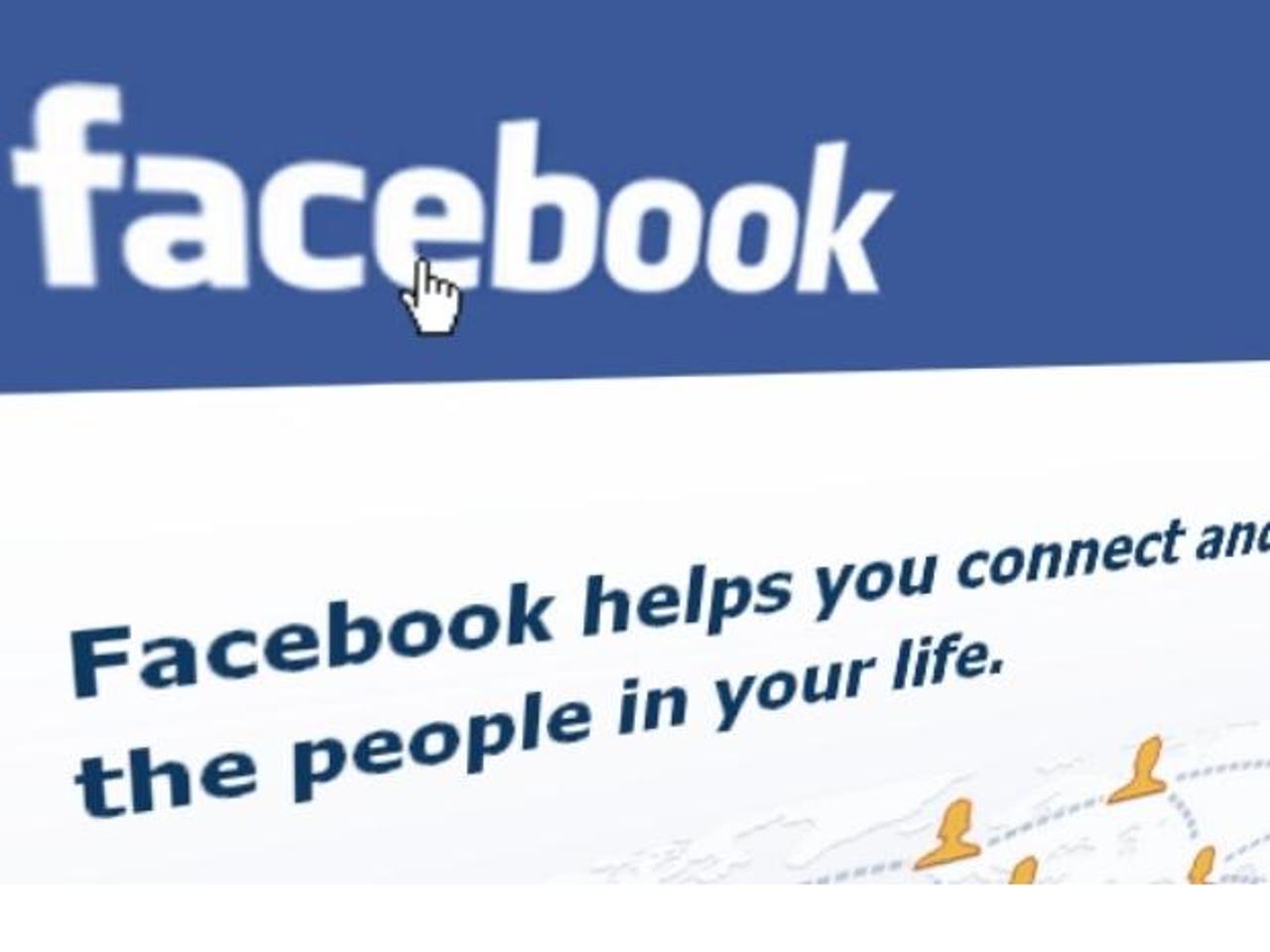Facebook to delete Page Likes and improve site integrity

Facebook has woken up to the fact that some of the Likes on a Page might not be from genuine fans. It has taken steps today to remove Likes on Pages that ‘may have been gained by means that violate our Facebook Terms’.

Facebook prides itself on the principle of ‘real identity’ and it wants the same authenticity to extend to its Pages.
It reckons that less than 1 per cent of Likes will be automatically removed from Fan pages and it will only remove Likes that have not been abiding by Facebook’s terms.
Facebook states:
‘We do not and have never permitted the purchase or sale of Facebook Likes as we only want people connecting to the Pages and brands with whom they have chosen to connect.
Beyond the need to maintain authentic relationships on Facebook, these third-party vendors often attempt to use malware or other forms of deception to generate fraudulent Likes, which is harmful to all users and the internet as a whole’.
Facebook wants authentic users to connect to, and like business pages but it has admitted earlier this year that around 5-6 per cent of its users might be fake accounts. This means that almost 54 million Facebook profiles could be fake.
Many Likes appear to come from users from countries such as Egypt and the Philippines as an investigation by the BBC discovered when it set up a fake company called ‘Virtual Bagel Ltd.’
Facebook hopes that these newly improved automated efforts will remove those Likes gained by malware, compromised accounts, deceived users, or purchased bulk Likes. Although it already had measures in place to detect attempts to ‘game’ the system, as does Digg and Reddit, it is stepping up its game.
It is implementing ‘improved systems (which) have been specifically configured to identify and take action against suspicious Likes’.
It also recommends that Page owners vet any business that offers marketing services specifically designed to build up a Facebook presence to ensure that 'legitimate practices that do not violate Facebook’s terms are being used'.
Facebook reckons that:
‘Improvements to our site integrity systems benefit both users and brands alike. Users will continue to connect to the Pages and Profiles they authentically want to subscribe to, and Pages will have a more accurate measurement of fan count and demographics’.
‘This improvement will allow Pages to produce ever more relevant and interesting content, and brands will see an increase in the true engagement around their content’.
Hopefully this change by Facebook will also herald a change in brand behaviour. Brands that recognise that it is not all about hitting scorecard metrics, but having meaningful engagement with fans through its page will see an improvement in real fan engagement.
On the other hand, brands that previously focused on numbers, perhaps resorting to the purchase of Likes, might be dismayed to see their carefully crafted scorecard figures switch from green to red.